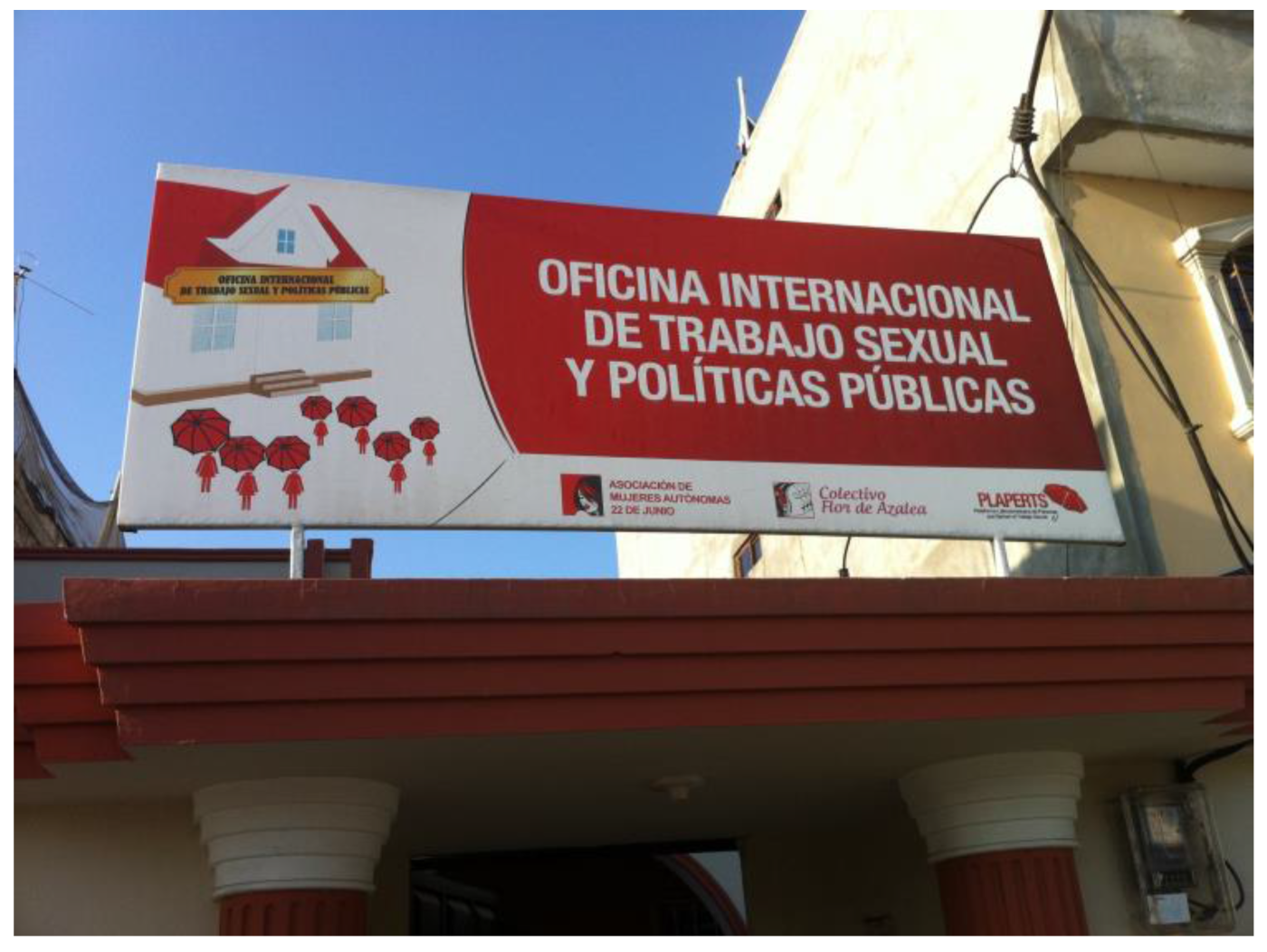My honors thesis on sex work conditions in Argentina and Ecuador has just been published! Check it out here.
Abstract
While many studies examine how different legal approaches to prostitution affect sex workers’ living and working conditions, few studies analyze how sex workers’ physical workspaces and the policies regulating these spaces influence sex work conditions. Based on interviews with 109 current or former sex workers, 13 civil society representatives, 12 government officials, and 5 other actors in Ecuador and Argentina, this study describes sex workers’ uses of urban space in the two countries and compares how they experience and respond to government regulation of locations of prostitution. Argentina and Ecuador took different approaches to regulating sex work space, which appear to reflect different political ideologies towards prostitution. Sex workers expressed different individual preferences for spaces, and government limitation of these spaces represented one of their major concerns. The results illuminate how sex workers’ workspaces influence their working conditions and suggest that governments should consider sex worker preferences in establishing policies that affect their workspaces. View Full-Text
Citation: Van Meir, J. Sex Work and the Politics of Space: Case Studies of Sex Workers in Argentina and Ecuador. Soc. Sci. 2017, 6, 42.
I’m so grateful to the many sex workers, organizations, and others who participated in this study, and to my professors, friends, and family for their feedback and support.

Leave a comment